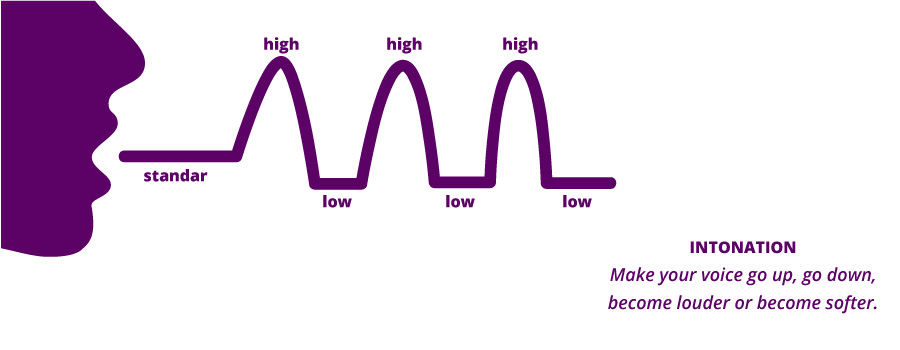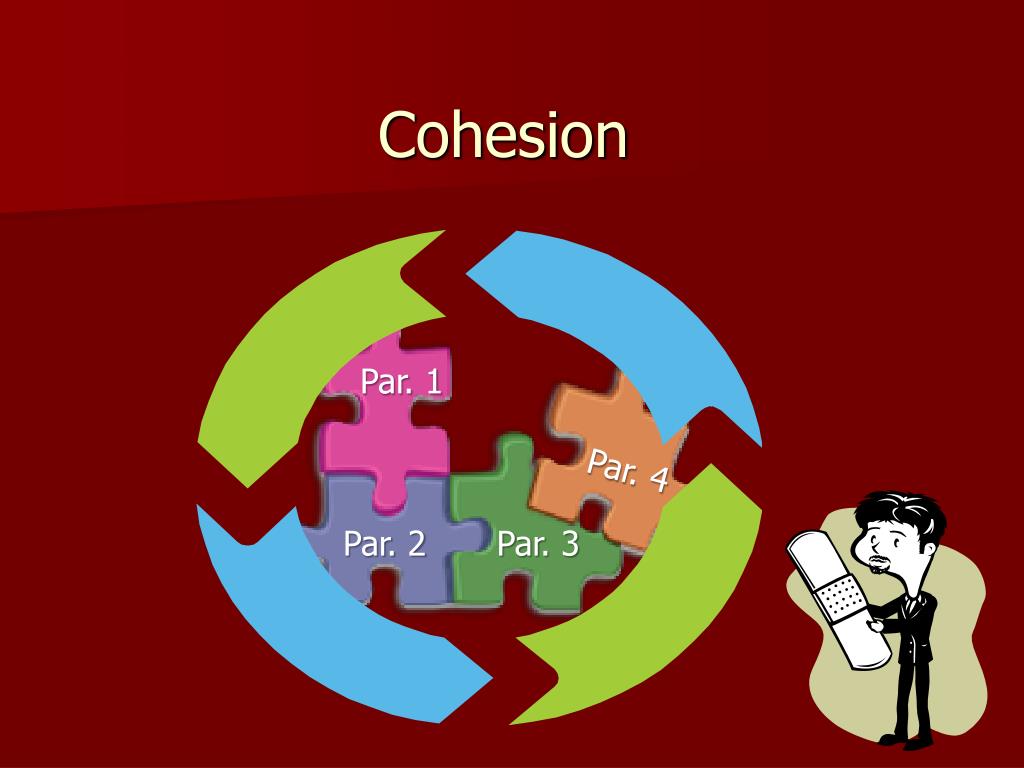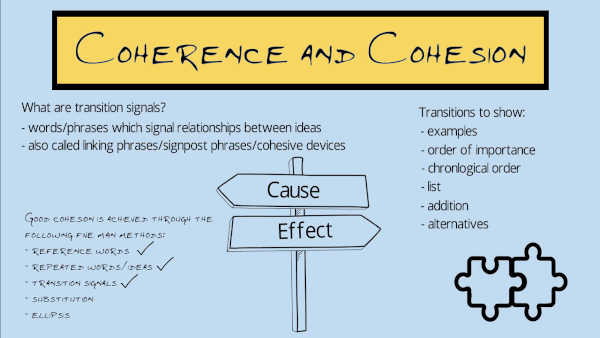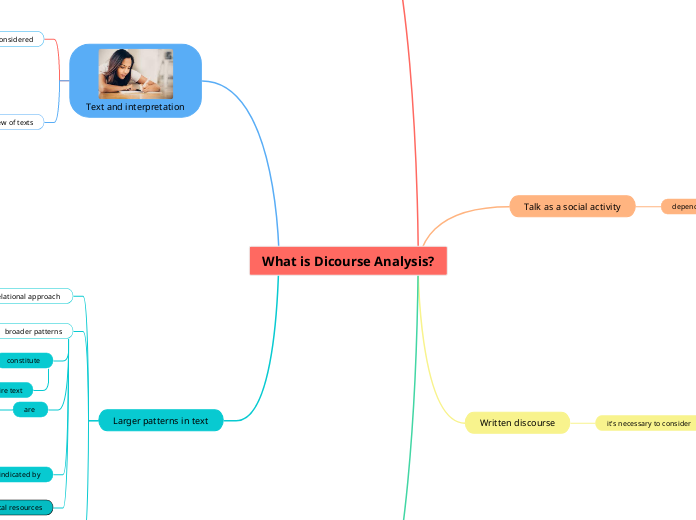What is Dicourse Analysis?

Conversations outside the classroom
Birmingham' model
Useful for describing talk.
ENTONACIÓN
GESTOS
VOLUMEN
RITMO
TONO DE VOZ

Basic functions of interaction
SMALLER UNITS
combine
LARGER ONE
LARGE UNITS
consist
SMALLER ONES
PATTERNS
Syntax clauses and sentences
SIMPLE SPEECH ACT
Linguistic resources
ELABORATED SPEECH ACT
Demanded by politeness
Hierarchical model
TRANSACTION
EXCHANGE
MOVE
ACT
Natural discourse
More confident in analysis
Describe
actual performance
Better targeting of objectives
Teaching & evaluate
input
output
Teaching/learning process.
Talk as a social activity
depends on:
- formality levels
- circumstances
- events
Rigid situations
know
who speaks
depending on -> the relationship

e.g. boss-employers
conversation
Casual speaking
everyone takes turns
in
the conversation.

e.g. conversation between
friends
Written discourse
it's necessary to consider
grammatical rules
sentence structure
progression of the text

cohesion
links between
text & sentences
cohesive items

guide to coherence
text makes sense.
Conclusion
discourse analysis
broad topic within linguistics
analysis of
spoken language
written language
clause or sentence structure.
we have also
examined some ways of analyzing
analyzing speech and writing
writing in a prominent way
Text and interpretation
be considered
a set of procedures
emphasizes
mental activities
procedural approach
focuses on
reader's ability
interprets
any text
The view of texts
is dynamic
is not limited to
labeling
illocutionary acts.
Larger patterns in text
The clause-relational approach
deals with
broader patterns
appear
in texts
broader patterns
constitute
the entire text
are
subject to interpretation
by
reader
indicated by
grammatical
lexical
lexical resources
such as
subordination
parallelism
Readers and writers
process
textual relationships
compose
texts
help the reader


